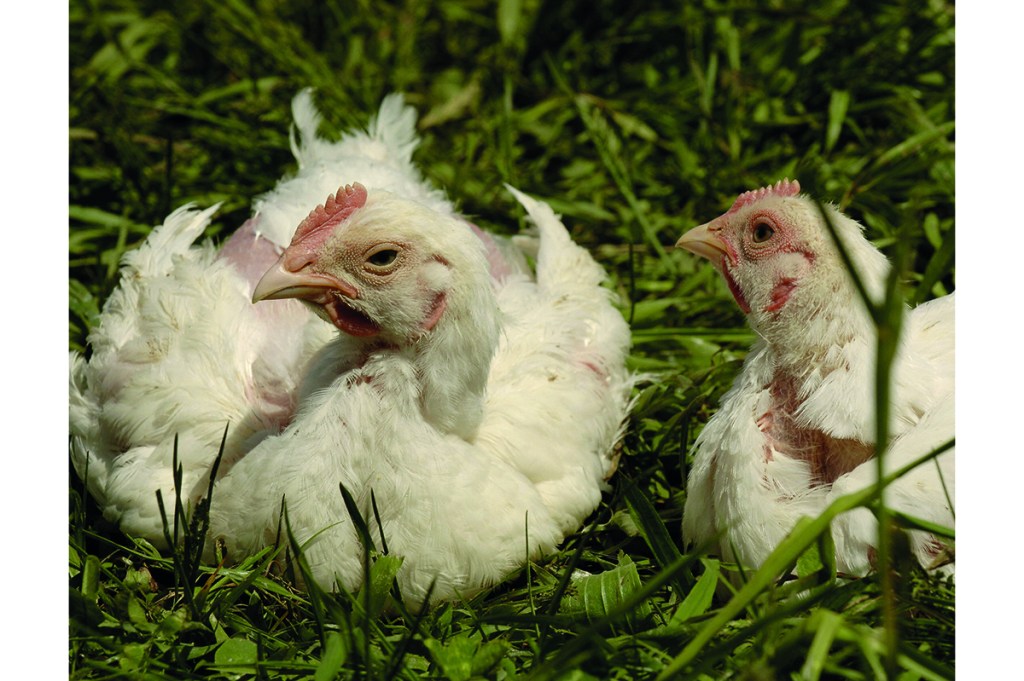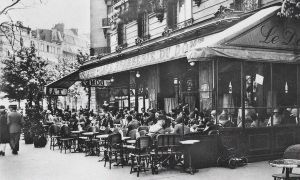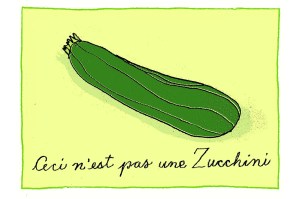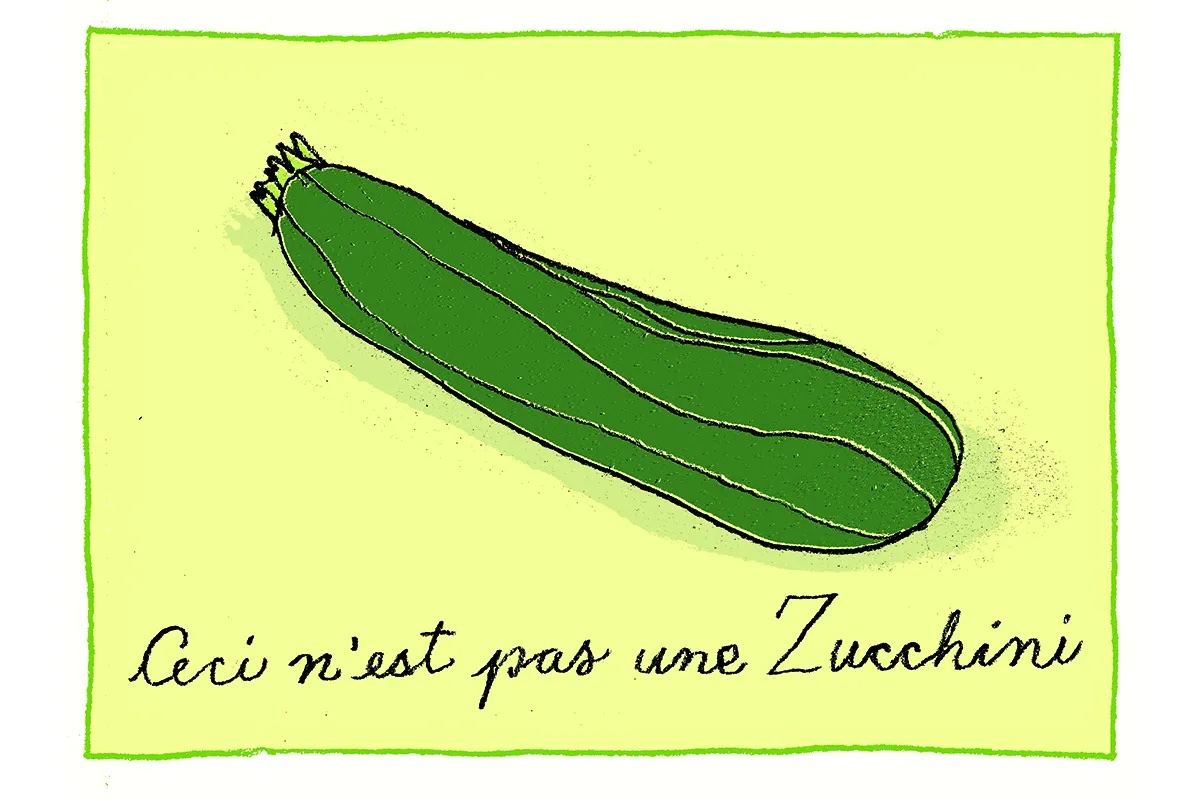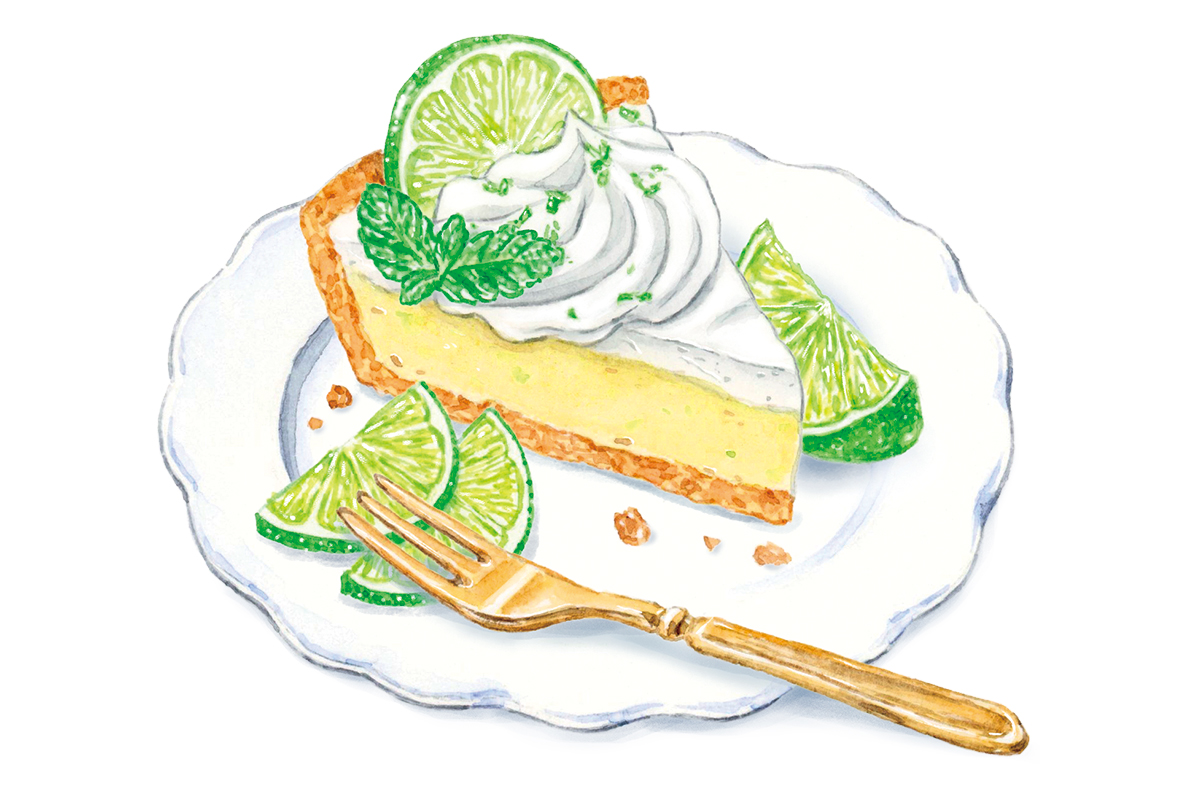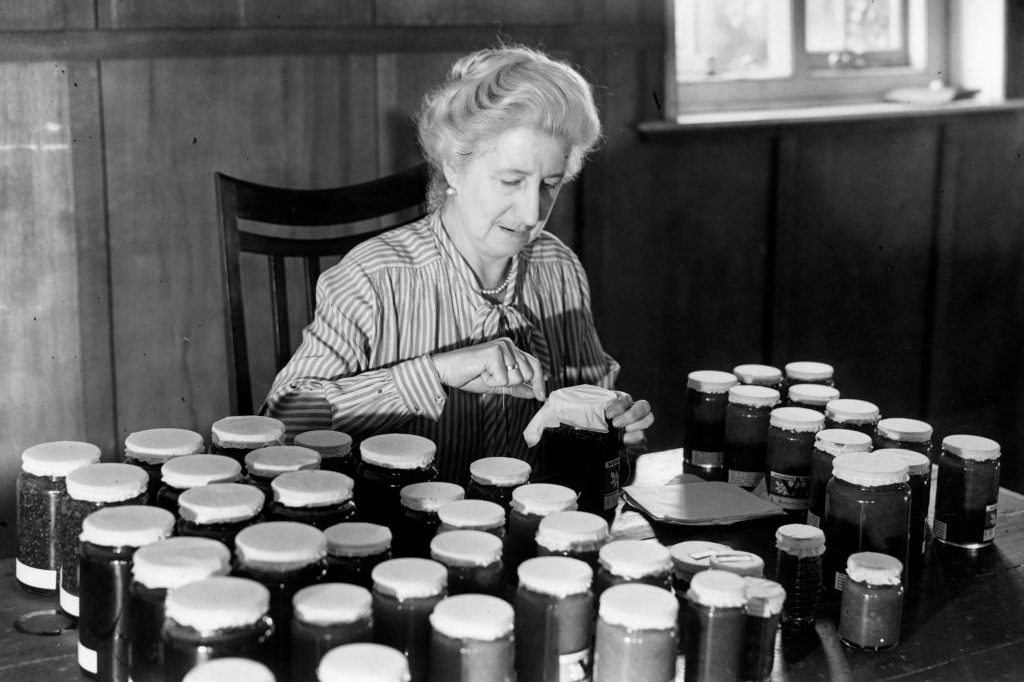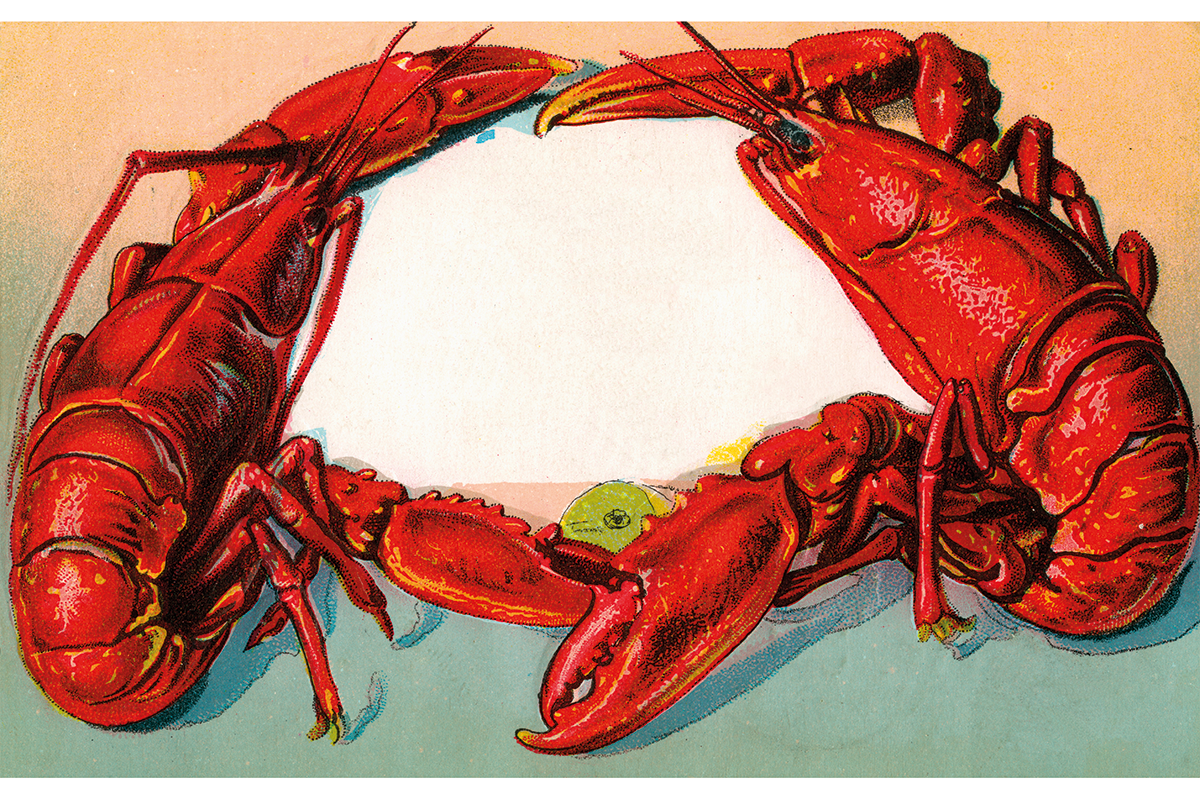‘Put the hen in a Dutch oven, brown him in butter for 12 minutes. If you have a piano in the kitchen, play the “Minute Waltz” 12 times. Add a little water. Put the lid on and let simmer. When you have finished playing half “The Dance of the Hours”, dragging it slightly, you’re ready to eat like an epicure.’
The Danish-born pianist and comedian Victor Borge is best known for his virtuosity on the keyboard, his wit and his timing. Most Borge fans don’t know that he was also a shrewd gentleman farmer.
Julia Ransom Doty, my father’s first cousin, was a food and fashion editor for the Ideal Publishing Corporation, which produced popular, glossy ladies’ magazines back in the Fifties. Julia was more of an aunt to me than a cousin, as she was the same age as my mother.
Julia had been an instructor at the John Robert Powers Model Agency before becoming an editor and was elegant, witty and very creative. When she came out to our home in Weston, Connecticut from her Manhattan apartment for the occasional weekend, she shared my bedroom. She gave me all sorts of tips on grooming and comportment and made me walk around the room with a book on my head for five minutes to improve my posture while we both giggled. I really didn’t appreciate Julia’s many talents until I was in my twenties. At her funeral in 1969, my father gave a heartfelt and amusing eulogy about Julia that included me and Victor Borge.
Some years, Julia hosted us for a Thanksgiving dinner at her weekend home in Southbury, Connecticut, where she was a neighbor and friend of Borge’s, who raised Cornish game hens on his 310-acre farm. One November, Borge, knowing that Julia was an exceptional cook, asked her if he could give her some of his hens, and would she ‘invent’ a recipe for Thanksgiving that he could use to publicize his small, exotic and tasty fowl?
Borge is credited with putting the Cornish game hen on the American market. Crossbred from the Cornish and White Plymouth Rock breeds, this genetically engineered fowl was soon praised at famous restaurants around the world. Even the French started putting Cornish game hens on their menus.
When Julia accepted Victor’s offer, her creative juices started basting her culinary senses, and a family story was born. I don’t remember if any of the other family guests at her long, antique farm table were aware that Julia had ‘cooked up’ for Borge the recipe that now was before each of us. I did recall, however, from my father’s eulogy for his beloved cousin, that, instead of one big, crispy turkey with chestnut stuffing flowing from between its thighs, there were four dainty birds, moist from an aromatic blend of thyme, apricots and nuts, stuffed with wild rice.
My father, also an inventive cook, helped me carve my half hen, while I wondered where the traditional turkey went. Julia’s grace was a ‘turkey and hen tale’, ending with ‘God bless neighbors who enjoy cooking as much as I do and who make me laugh.’ I treasure Julia’s cookbooks. They remind me to be creative in the kitchen, to keep it simple, and that cooking for others, especially family, is fun and a fine pleasure.
Julia used her simple and succulent recipe in one of her magazines. Borge put Julia’s recipe on the back of his deliciously tuneful recipe for the birds’ packaging. My father’s eulogy for Julia ended with a ‘Recipe for Life’ from Borge that fell out one of the many cookbooks his cousin had left him and he had left me. Julia had copied the recipe from an article she’d seen about Borge. It read: ‘The shortest distance between people is humor.’
Aunt Julia’s Roast Cornish Game Hens
Method
1. Allow one Rock Cornish game hen per person. Rub the inside of the hens with salt and pepper and season as you like. Sear birds in 1⁄4lb butter in a Dutch oven (or a regular oven) at 450 ̊F until golden brown, approximately 10-12 minutes2. Reduce oven to 350 ̊F. Add 11⁄4 cups of water (or wine and chicken broth) and let simmer while covered (or roast), until tender, approximately 25-35 minutes, basting every 10 minutes, until the hens are golden brown and the juices are clear3. Remove birds and let them stand. Stir into the pan drippings a paste of cold water (or chicken stock) and 3 teaspoons of flour. Add 1⁄2 cup light cream, 1⁄2 teaspoon sugar and salt to taste, then reduce gravy to the thickness of a sauce4. To serve, cut the hens in half lengthways, then spoon on the sauceThis article was originally published in
The Spectator’s November 2020 US edition.



